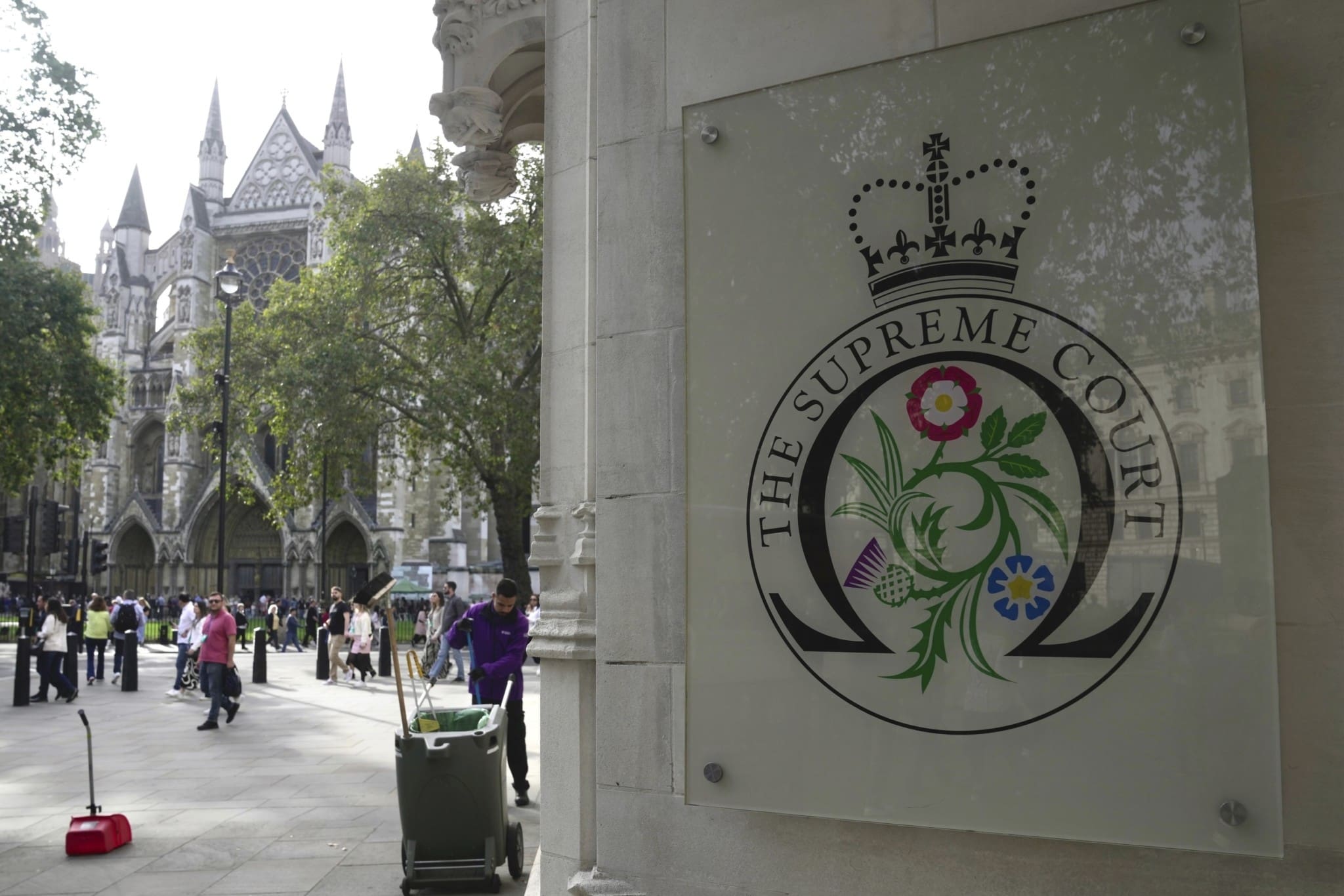The British government’s policy of relocating asylum seekers who don’t arrive in the U.K. via the proper channels to Rwanda is unlawful, the U.K. Supreme Court has ruled.
In its highly-anticipated judgment published on Wednesday, the court dismissed an appeal from the governing Conservatives against the Court of Appeal’s decision that its removal of asylum seekers to the African nation is unlawful.
The judgment, handed down by Lord Reed and Lord Lloyd-Jones, held that there were “substantial grounds for believing that asylum seekers would face a real risk of ill-treatment by reason of refoulement in the event that they were removed to Rwanda.”
Refoulement relates to the forced return of asylum seekers to any country where they may be subjected to persecution.
The court took the view that such a policy would be incompatible with the principles outlined in the numerous international treaties Britain is a signatory of, including the European Convention on Human Rights, which is enshrined in U.K. law through the Human Rights Act 1998.
While the court accepted that theoretically illegal migrants could be sent to a safe third country for processing, it stated that Rwanda’s complicated and controversial history could not “be effectively ignored or sidelined.”
The judgment is a major blow for Prime Minister Rishi Sunak and another thorn in the side of the government in its pursuit of delivering on a promise to stop the influx of illegal immigrants on England’s southern coast from the European mainland.
It means either a total rewrite of the government’s Illegal Migration Act, which formally gave the authorities the power to detain and deport those who arrive in Britain unlawfully, or more radical action to extricate the U.K. from the European Convention on Human Rights.
The latter had been the desire of former Home Secretary Suella Braverman, who was sacked earlier this week and responded with a blistering tirade against Sunak, whom she accused of “manifestly and repeatedly failing” to do what was necessary to push through a viable immigration policy.
Responding to the judgment, Sunak remained defiant in his ability to tackle the longstanding issue.
“We have seen today’s judgment and will now consider next steps. This was not the outcome we wanted, but we have spent the last few months planning for all eventualities and we remain completely committed to stopping the boats,” he said.






